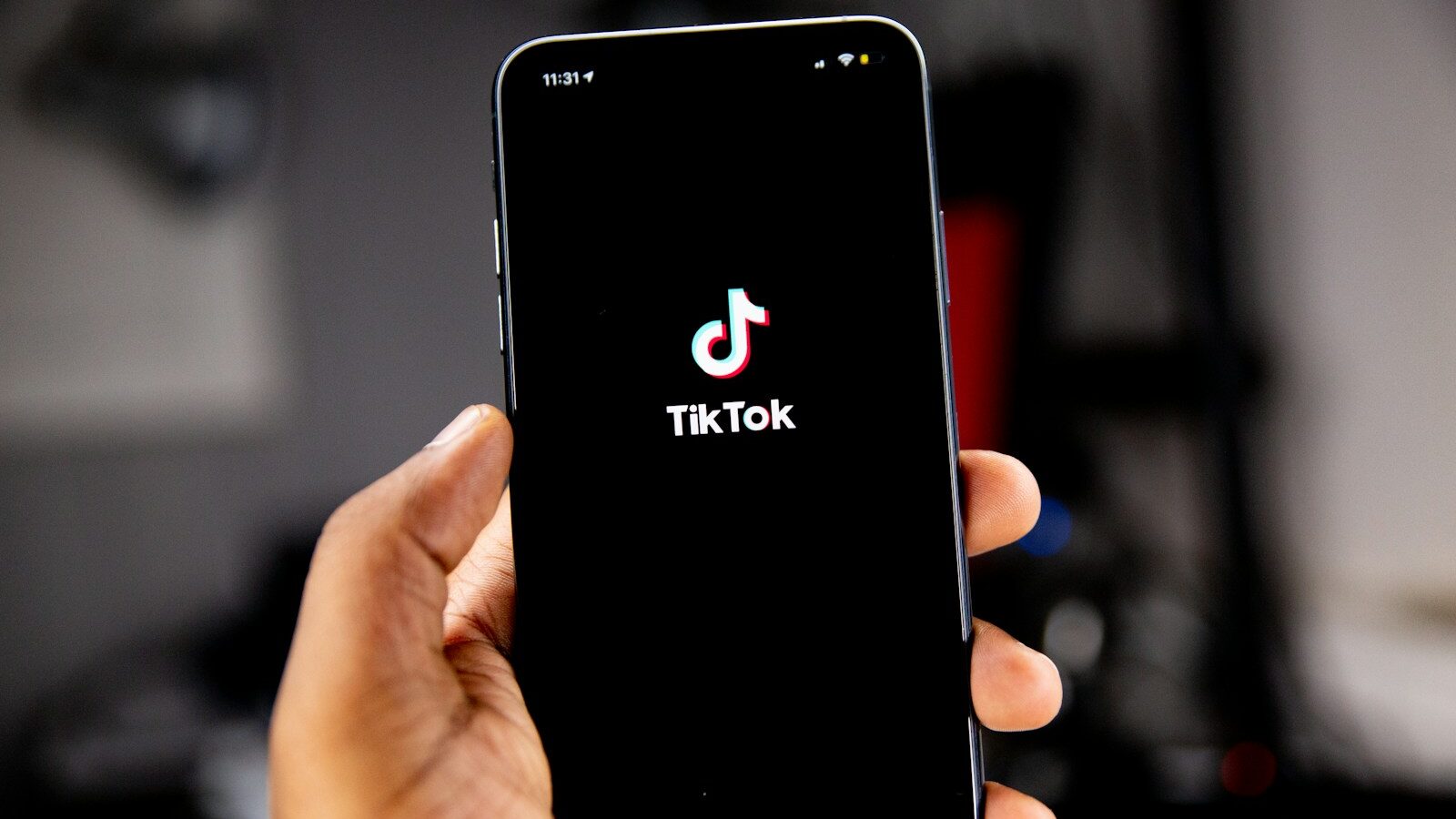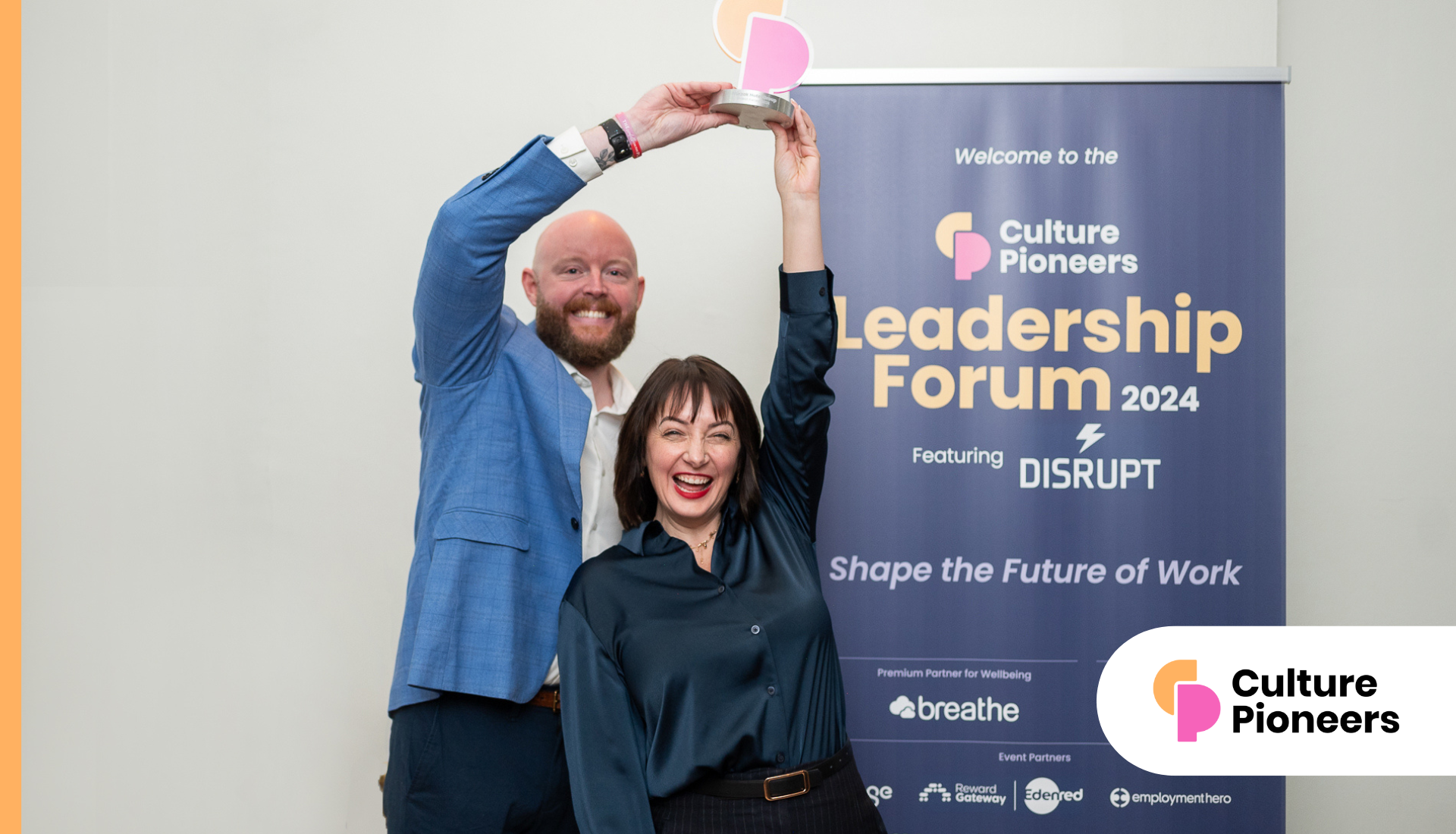Gender equality is not going to be achieved through creating special groups for women. For real change to occur in the workplace, HR professionals must empower both men and women to take shared responsibility for one another.
Genetically, we are all born different even though in principle we function in the same way regardless of whether we are white, black, homosexual, heterosexual, young, old, Muslim, Christian, male, female and so on.
To me these are simple nuances of what it is to be human. I might appear controversial when I say that women and men do have the opportunity for equal opportunities but this is something I firmly believe. Moreover, I believe we have had these opportunities since the beginning of time. Why? Because we all have the potential to achieve so much more than what we think we can.
Of course, how we are brought up, how society encourages us to behave and what we think of ourselves are all factors that can potentially limit us. I also do not disregard the fact that for biological reasons it is more likely to be the woman who takes time off to look after children. Likewise, there is no denying that in general terms we do have different characteristics to our male counterparts.
Nevertheless, equal opportunities are there for the taking. We are bound by our choices, not our genders. And, in my opinion, opening up opportunities and expanding the reach of choices isn’t achieved by creating special groups and divisions.
Overcoming our entrenched gender beliefs
One of the biggest challenges we face is our entrenched beliefs that women are the ones who typically ‘need’ to take career breaks to raise their children. Legislation has changed to give fathers the opportunity to become the main caregivers but very few have taken it up.
Several years back my husband and I were discussing taking time off after the birth of our second child. Initially my husband was very keen on taking his role as a father to a new level and sharing the parental leave over the initial nine months post-birth. Further on in this conversation he then turned around to me and asked “well it’s all well and good, but if I take this break, what about my career?”.
As a woman, I believe that, ultimately, we have the same opportunities as men. We can empower ourselves or be empowered to raise those tough questions and challenge the status quo. Society and our cultural upbringings have led us to perceive that we have limited choices.
In fact, I believe we actually have more choices than our male counterparts: choices to take these career breaks, choices to bring in a testosterone-filled persona to meet the expectations of our male colleagues, choices to take or leave a job. However, this extra choice brings with it greater responsibility, and that is where women can often struggle.
We live in a world of change and our role is to adapt and grow, instead of clamp down and divide.
HR must empower people
For HR, creating real change for women in the workplace isn’t about introducing support groups and networks, as these would be beneficial to both men and women. It is about empowering the individual.
Empowering women to say no, men to whistle blow when they witness something wrong, and vice versa. It is about taking shared responsibility for each other, not creating gender divisions.
We need both sexes to achieve a balance. We live in a world where so-called differences are now becoming ever more blurred. I can’t help but notice how my now 17-year-old nephew has become more conscious of his appearance and always wants to look his best. A trait that only a couple of decades ago was seen as a female one.
Genders no longer define a norm. We live in a world of change and our role is to adapt and grow, instead of clamp down and divide.
We therefore shouldn’t focus solely on the female, providing her with tools, safe communication channels, mentoring and training. In an age where the internet provides on-the-spot information and data on any topic imaginable (regardless of whether it is true, right, applicable and appropriate), the business world needs to adapt to its environment – any qualified MBA student can tell you that.
HR should take centre stage and call out for what is right in some of the trickiest and most challenging politically charged situations encountered in a business.
Standing up for what is right
HR needs to dust off the policies and get on with acknowledging and celebrating the human part of the business, which is female and male. Celebrating how each of us, regardless of gender, is unique, empowering positive collaboration, fellowship and camaraderie.
HR needs to support good practice and behaviour both inside and outside of an organisation; it needs to show that harassment, discrimination and bullying is unacceptable and will not be tolerated.
Accessible policies centred around the individual should replace the policies dictating the ‘ifs’ and ‘what ifs’. More than a simple change of policies, HR must go deeper into the issue and focus on empowering employees to do what is right through training and internal communication.
Ultimately, HR should take centre stage and call out for what is right in some of the trickiest and most challenging politically charged situations encountered in a business.
When an allegation is made, treat it with both respect and courage. Protect the victim as well as the business as a whole. Lead by example through your human capabilities.









One Response
Hi Julie. I totally agree
Hi Julie. I totally agree that it’s high time we changed our beliefs that women are the ones who typically ‘need’ to take career breaks to raise their children. And I actually thought that we were on the right track with D&I initiatives, flexible working models etc.. Now imagine how I came across your article: In connection with a German study showing that FlexWork strengthens traditional gender roles. While mothers invest the time they gain for more childcare, fathers who work flexibly even take less time for their children!
If you’re interested I wrote a blog post on this subject and mentioned your article: https://well-working.blogspot.com/2019/03/sind-vater-froh-wenn-sie-nicht-noch.html